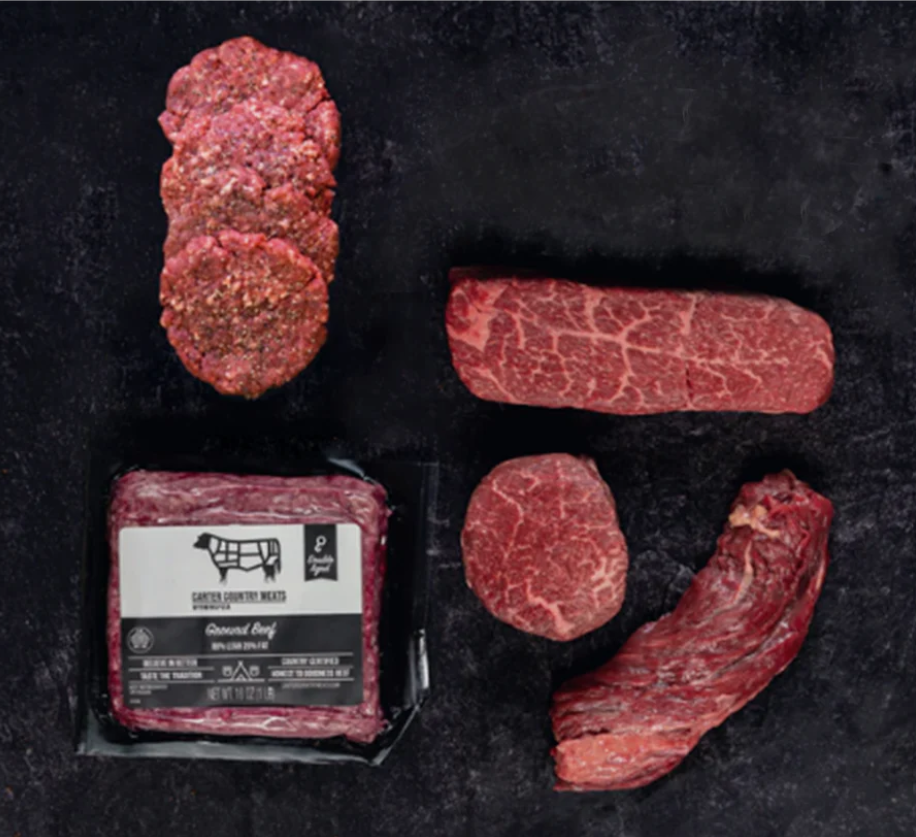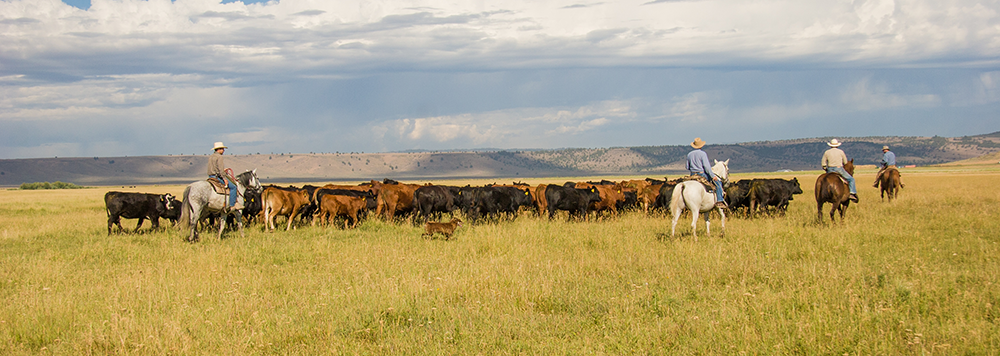Trust Your Tongue with Nutrient Dense Beef because it is rich in essential nutrients such as vitamins, minerals, and healthy fats. It is also relatively low in unhealthy components like saturated fats and added hormones or antibiotics. And let’s be honest, your tongue will taste the difference!
The Importance of Consuming Nutrient Dense Beef
Protein Source:
Beef is an excellent source of high-quality protein, which is essential for building and repairing tissues, producing enzymes and hormones, and maintaining muscle mass. Nutrient-dense beef provides ample protein without excessive unhealthy additives.
Nutrient Profile:
Nutrient-dense beef contains important vitamins and minerals, including:
Iron – Beef is a rich source of heme iron, which is highly bioavailable and essential for preventing iron-deficiency anemia.
Zinc – Beef is a good source of zinc, which is crucial for immune function, wound healing, and DNA synthesis.
Vitamin B12 – Beef is one of the best dietary sources of vitamin B12, which is essential for nerve function, DNA synthesis, and red blood cell production.
Healthy Fats – Grass-fed and pasture-raised beef can have a healthier fat profile compared to conventionally raised beef. It may contain higher levels of omega-3 fatty acids and lower levels of saturated fats, contributing to heart health.
No Added Hormones or Antibiotics – Some nutrient-dense beef is produced without the use of added hormones or antibiotics. This can be important for those who are concerned about potential health risks associated with these substances.
Environmental Impact – Sustainable and regenerative beef production methods can reduce the environmental impact of beef consumption. Well-managed grazing systems can sequester carbon in the soil, enhance biodiversity, and minimize the use of synthetic fertilizers and pesticides.
Animal Welfare – Nutrient-dense beef from animals raised in more humane and ethical conditions may align with consumer values regarding animal welfare.
Dietary Balance – Including nutrient-dense beef in your diet can help achieve a balanced intake of essential nutrients. It can be particularly important for individuals with dietary restrictions or specific nutrient needs, such as athletes, pregnant women, and people with certain medical conditions.
It’s important to note that not all beef is equally nutrient-dense. Factors such as the animal’s diet, living conditions, and processing methods can significantly impact the nutrient content of beef. Grass-fed and pasture-raised beef often receive attention for their potential health and environmental benefits, but it’s essential to consider individual dietary needs and preferences.
Nutrient Dense Beef
Superior to Anything on the Market Today



We have found a 3rd generation rancher that practices Regenerative Agriculture Practices, which means that their cattle spend the duration of their lives roaming bio-dynamically active soil that nurtures the native vegetation through nutrient cycling. They work with and trust nature to feed beef which provides a profoundly distilled flavor that has a nutrient dense composition. Trust your tongue and get the finest natural double-aged beef delivered to your door today!
=========================
R e g e n e r a t i v e Agriculture F a r m i n g
=========================
Regenerative agriculture is an approach to farming and land management that aims to improve soil health, increase biodiversity, and enhance ecosystem services while also producing food and other agricultural products. This approach seeks to go beyond sustainability by actively restoring and regenerating the natural resources and ecosystems that agriculture depends on.
Key information on Regenerative Agriculture:
Soil Health & Carbon Sequestration is an important Regenerative Agriculture practice. This includes cover cropping, no-till farming, and crop rotation. Furthermore, it improves soil health by increasing the organic matter content, water retention, and microbial diversity. Research also shows that these practices can isolate the carbon dioxide from the atmosphere and goes into the soil. How cool is that? Mother nature finds a way!
Biodiversity Regenerative Agriculture practice helps to provide habitat for beneficial birds, insects, and other wildlife. Studies continue to show that diversified crop rotations and reduced pesticide use in regenerative systems support a more diverse ecosystem.
Water Management, like contour farming and the use of cover crops can reduce soil erosion and nutrient runoff into waterways. This improves the water quality and enhances water infiltration, which helps to mitigate the effects of drought and flooding.
Economic Benefits can be viable for farmers even though there are short-term challenges during the transition from conventional to regenerative practices. However, the long-term benefits reduce input costs and improved yields. Farmers and Ranchers know how important this is.
=========================
Incorporating nutrient-dense beef into a well-balanced diet can provide valuable nutrients and support overall health.
=========================
Policy and Adoption often involves reviewing the policies and incentives that can encourage farmers to transition to these methods. Farmers and Ranchers need to research and check with their local or national Farm Service Agencies to find what is best fit for their business.
Demonstrations and Case Studies provide specific examples of Regenerative Agriculture success and these projects show the benefits brought to the farmers and the environment. Again, there are studies out there showing the success of transitioning to Regenerative Farming Practices.
Challenges and Trade-offs associated with Regenerative Agriculture practices show that farmers need the education and the may need to go through the reduction in yields during the transition period. However, the benefits outweigh the challenges over time.
Consumer Preferences shows how many prefer the sustainably produced food and drives the interest which influences the supply chains. I, for one, read all labels before I make a purchase. Today, many people are fed-up with everything added to our foods that are not necessary.
======================
Visit our Delicious Dessert Recipes Page to pair with this mouthwatering Grass-Fed beef.
======================





